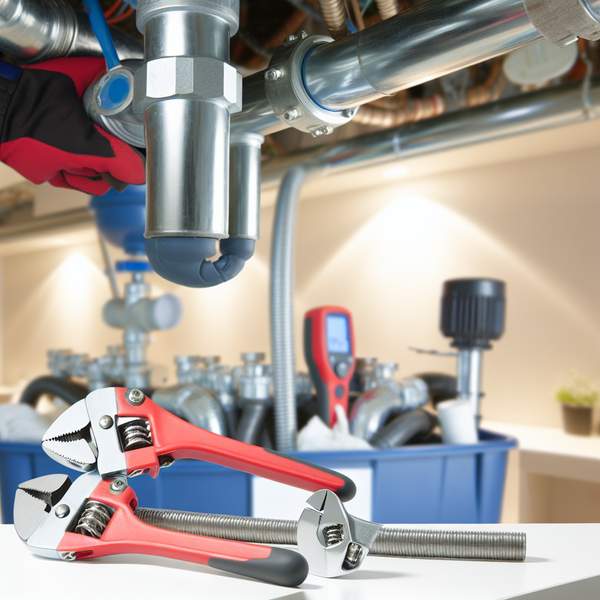Many homeowners have faced the frustration of a leaky faucet or a clogged drain. It’s in these moments that the expertise of a professional plumber becomes invaluable. Understanding what goes on behind the pipes can help you appreciate the skill and dedication required in this trade, and why it’s essential to rely on trained professionals for plumbing needs.
A Day in the Life of a Plumber
Plumbers start their day equipped with a toolkit of specialized tools and knowledge. Typically, their work involves:
- Diagnosing Issues: Whether it’s a dripping faucet or a complex piping issue, diagnosing the problem is the first step. A plumber uses tools like pipe cameras to inspect hard-to-reach areas.
- Repairing and Installing: Tasks range from fixing leaks and unclogging drains to installing new pipes and bathroom fixtures. Precision is key, as even a minor misalignment can lead to significant issues.
- Adhering to Codes: Professional plumbers ensure all installations comply with local and national plumbing codes, which include specific measurements and materials standards to ensure safety and efficiency.
Technical Expertise and Tools
Plumbers rely on a variety of tools and techniques to perform their duties effectively:
- Pipe Wrenches: Essential for gripping and turning pipes.
- Tape Measures: Accurate measurements are crucial for pipe fitting.
- Augers and Snakes: Used for clearing blockages deep within pipes.
- Pressure Gauges: To ensure water pressure remains within safe limits (typically between 40–60 psi).
Understanding plumbing systems and having the capability to troubleshoot complex issues quickly are crucial skills. An experienced plumber can often identify the problem and propose solutions efficiently, minimizing disruption to your daily life.
Practical Tips for Homeowners
While it’s best to leave most plumbing tasks to professionals, here are some tips for maintaining your home’s plumbing system:
- Regularly check for leaks under sinks and near appliances.
- Use strainers in sinks and tubs to prevent clogs.
- Know the location of your home’s main water valve to shut off in emergencies.
By taking these simple preventative measures, you can avoid common plumbing problems and extend the lifespan of your plumbing system.
In summary, the life of a plumber is one of constant problem-solving and technical expertise. By understanding the intricacies of plumbing systems, you can better appreciate the value of professional services. If you encounter plumbing issues, remember that a skilled plumber is an invaluable resource to ensure your home’s plumbing runs smoothly.


Recent Comments